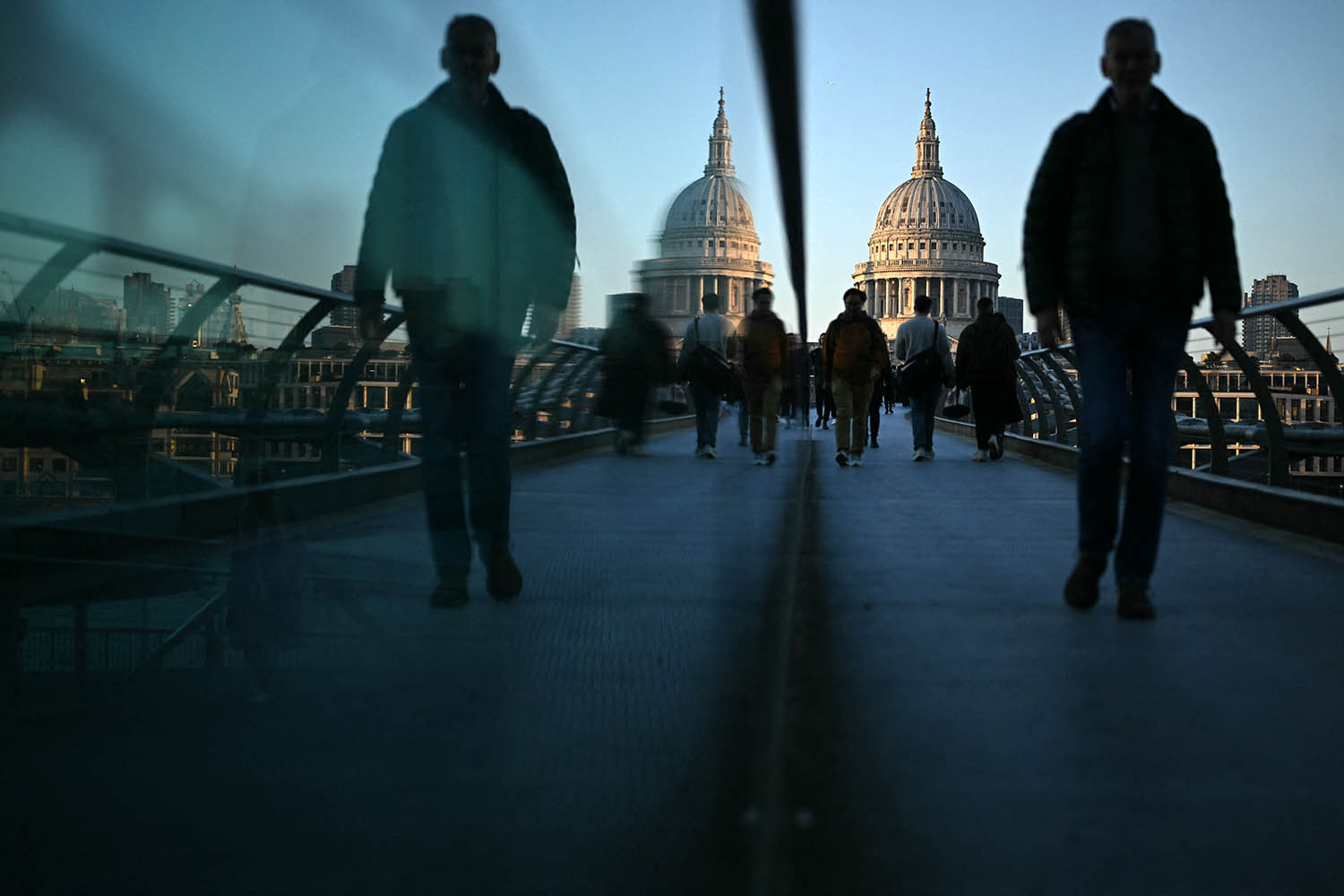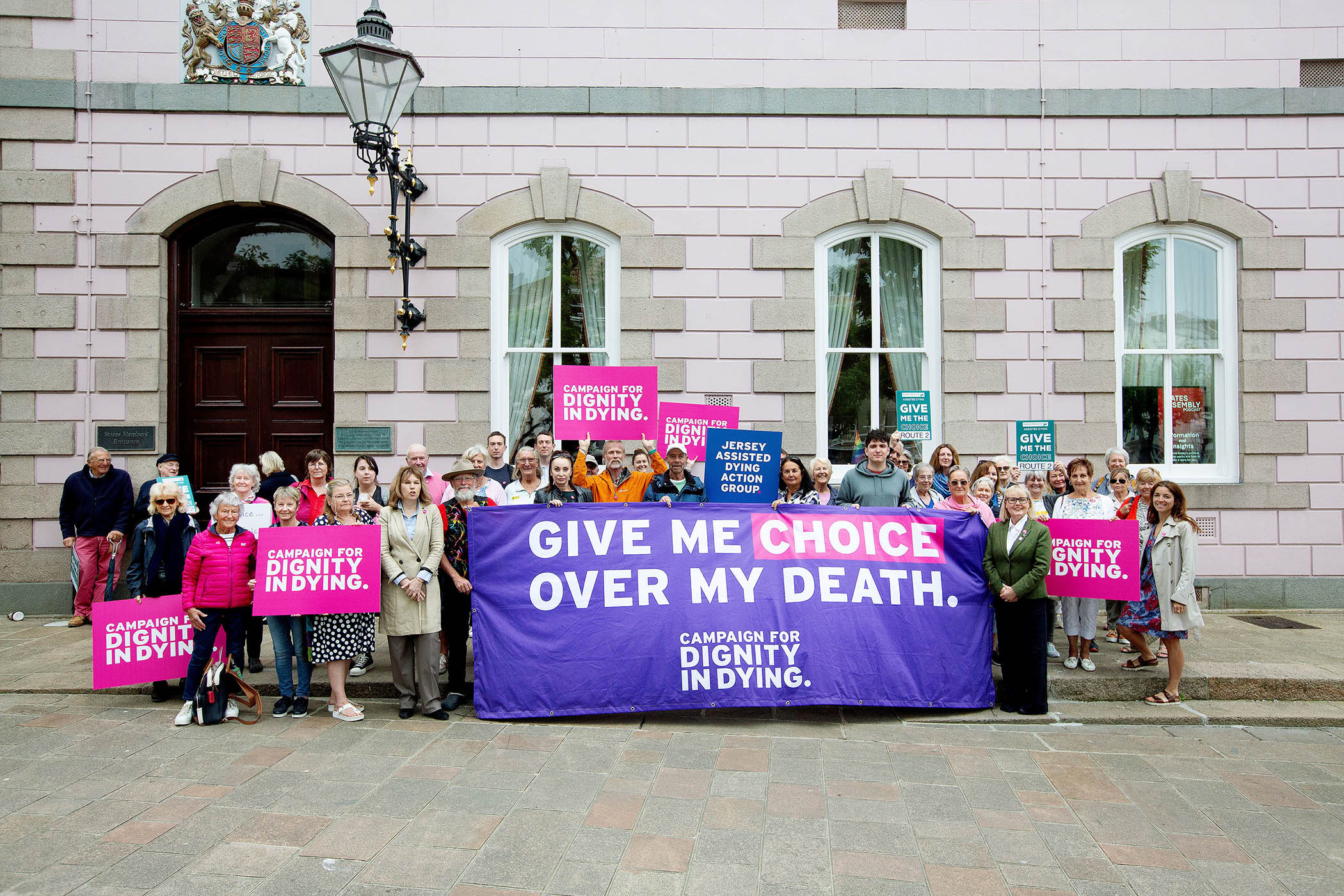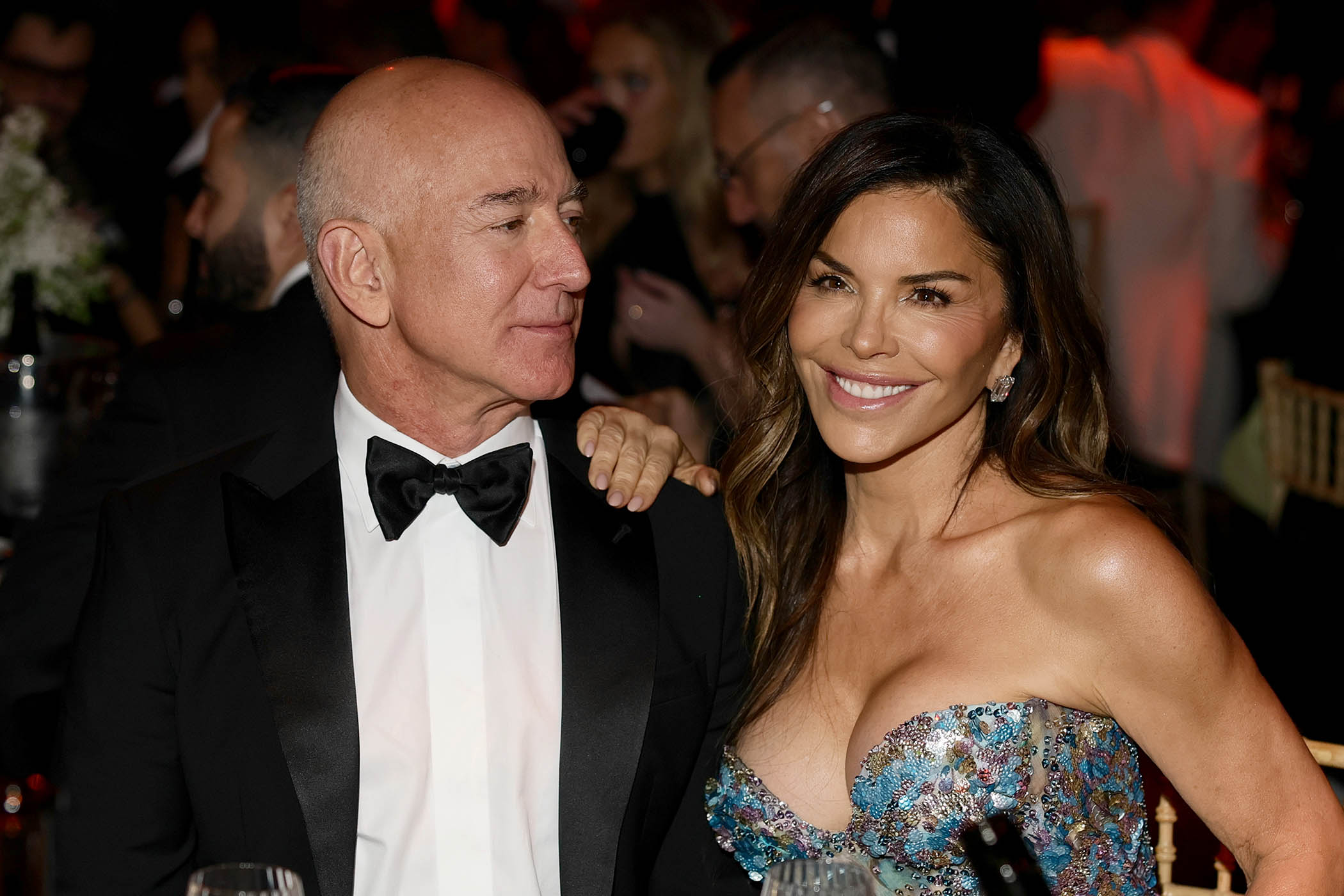As the sun sets on another mental health awareness week (this year’s theme: community), a question arises – can we have too much mental health awareness? Maybe that sounds deliberately provocative, or Daily Mail-ish, or mean. Like, “Can we have too many female CEOs?” Or “Can we have too much nature?” But it increasingly feels like a question worth returning to, especially as experts begin to say: actually, yep.
On Instagram, the psychologist Dr Lucy Foulkes pointed to a study that showed how, between 2008 and 2019, public attitudes towards people with mental health problems improved. Then suddenly, they started to decline. She calls it a “backlash”. As someone whose area of research is the impact of mental health awareness efforts, Foulkes has a certain amount of authority when she says, “It’s my view that even though these were useful at educating the public about what mental health problems were, to try and reduce stigma, now I think we have too much awareness.”
Again, the phrase feels prickly, bothersome. Awareness is a good thing. Talking is important, especially about subjects like mental health that have traditionally been hidden. But what happens next? Perhaps you’re a person who last week, your awareness having been raised, was moved to make an appointment with your doctor. You set your alarm for 10 minutes to eight, and you missed the appointment window, but you tried again the next day, and again, and eventually you got that appointment, and it’ll be on the phone and you’ll have to take it in the stairwell at work, but fine. And you’ll tell your doctor about the awful darkness, the thoughts you can’t stop thinking, you tell them about your sleep and your ex and the way you felt on the bus last Sunday, and they’ll put you on a list, and then you’ll wait. And wait.
Language that had previously been locked in therapy rooms slipped into the speech of people on reality TV
Language that had previously been locked in therapy rooms slipped into the speech of people on reality TV
While you wait, the meaning of “community”, especially in relation to mental health, seems ever harder to pin down. Mark Zuckerberg recently announced his plans for the future of community – Meta’s chatbots will replace our friends. “The average American has fewer than three friends,” he said, “but has demand for 15.” His solution to a lack of community, or to poor mental health, is to sell us a room of pretend robot friends. It would mean we never have to leave our screens, it would mean Meta owns our lives and we would rent a small box-room inside them, with all our memories, work, entertainment, family, community and basic mental health available to access for a monthly fee. The focus on mental health awareness runs in parallel to tech billionaires’ increasing efforts to commodify our health.
The first mental health awareness week was in 2001. I can vaguely remember the earnest goodwill and, as the years passed and it got more attention, celebrities started speaking up, money was raised and awareness with it. This year a series of “breathing space” benches were installed in Scotland, and my children’s school invited them to come in wearing “something green”. Awareness continued to rise. Language that had previously been locked in therapy rooms slipped into the speech of people on reality TV – words like “toxic”, or “narcissist”, or “triggering”, or “boundaries” entered our daily vocabulary. While public awareness of these words grew, they changed the ways we talked about ourselves and watered down our understanding of mental health itself.
“People are becoming sceptical of hearing too much about mental health,” said Dr Foulkes. “And what that means is that when any individual does come forward and say they have mental health problems they don’t believe them. They think too many people are saying this. So you get this strange situation when people are shouting louder and louder to try and get heard. You hear qualifiers like, ‘I have clinical depression’ or ‘severe PTSD’, because people are so desperately trying to get heard.” Mental health awareness efforts, she says, “have outlived their usefulness now. I think we should stop running them and focus our time and energy on something else, like improving support.”
Awareness is not action. Awareness of mental health is just the very start of a journey and a movement that inevitably loses its influence if joined, eventually, by a secondary awareness that this journey leads to a dead-end. Children with mental health problems are still “waiting far too long for help”, the Children’s Commissioner for England warned last week, as new analysis found hundreds of thousands of young people referred to mental health services last year had waited for an average of six months for treatment to begin. Research by the Royal College of Nursing found thousands of people in mental health crisis are enduring waits of up to three days in A&E before they get a bed, with conditions for them “close to torture”. That same week, in a debate in the House of Commons, a Labour MP said the care she received for her bipolar disorder had been “patronising, reductive, inconsistent and non-existent”.
The awareness project is over. It was well-meaning, and successful as the start of something, but without sustained and serious action much of its impact has dissolved. Now what?
And another thing… Eat with art, tan in bed, and get Carried away
Hello, lovers
Despite everything, including taste, I am excited to slide into the warm bath that is a new series of the Sex and the City spin-off, And Just Like That… To prepare, I’m planning to revisit the brilliant Sentimental in the City podcasts, where Caroline O’Donoghue and Dolly Alderton went nerdy and deep into the flawed but marvellous adventures of Carrie Bradshaw and her friends.
Glow in the dark
The season for tanning is here, and with it, to compliment our tricky relationship with the sun, a welcome new product from official king of tans, James Read. Here’s what to do: add his Golden Nights Sleep Repair Tanning Drops to your moisturiser at night and wake up with the most subtle of glows. Build your tan up while you sleep, and slather on sun cream in the morning.
Newsletters
Choose the newsletters you want to receive
View more
For information about how The Observer protects your data, read our Privacy Policy
Plate of the art
London’s National Gallery has been revamped, so now, after gorging on still-lifes of fruit and meat, visitors can take a seat at Giorgio and Plaxy Locatelli’s new restaurant in the Sainsbury Wing – or Bar Giorgio, an espresso bar with an obscenely tempting sweet-and-savoury maritozzi menu. Says Locatelli, ‘Caravaggio has always been such a huge inspiration for me, and so to cook under the gaze of his work is a dream come true.’
Photograph by Ben Stansall/AFP via Getty



